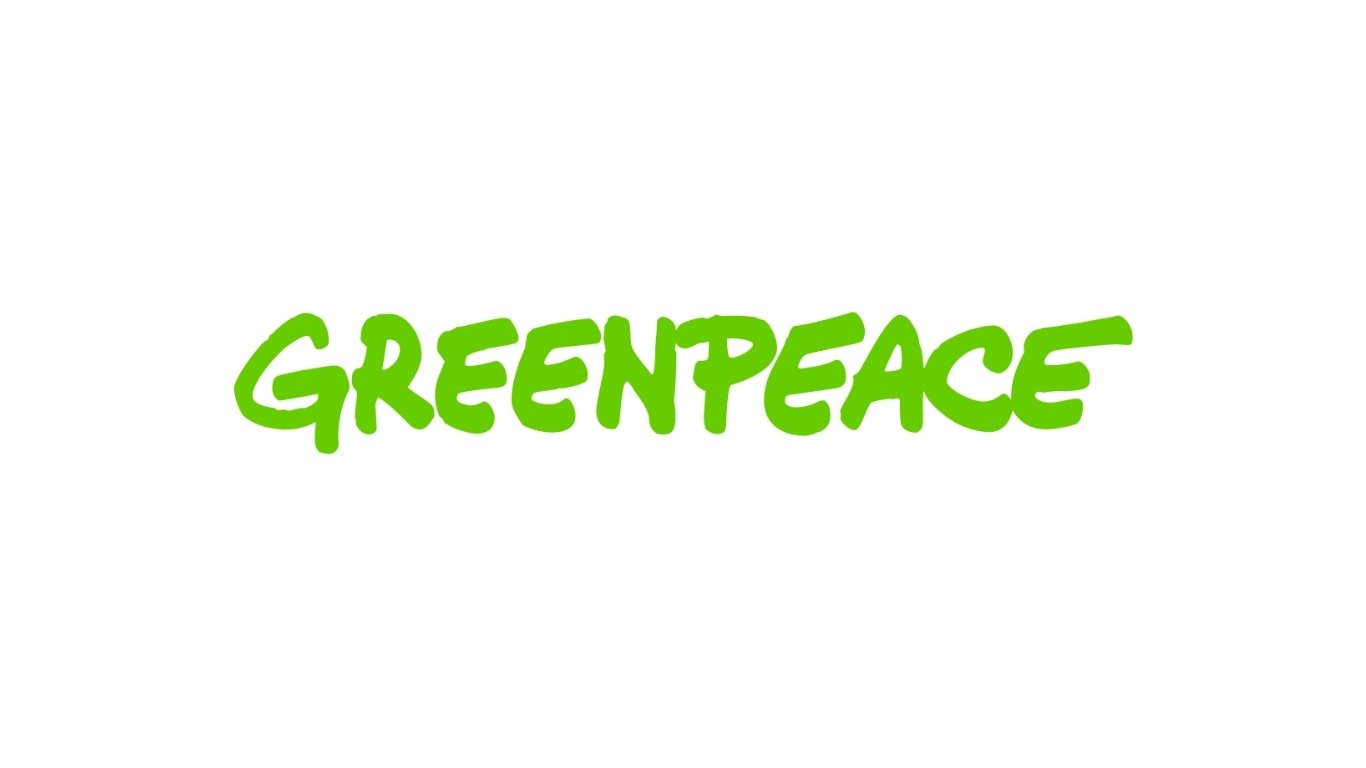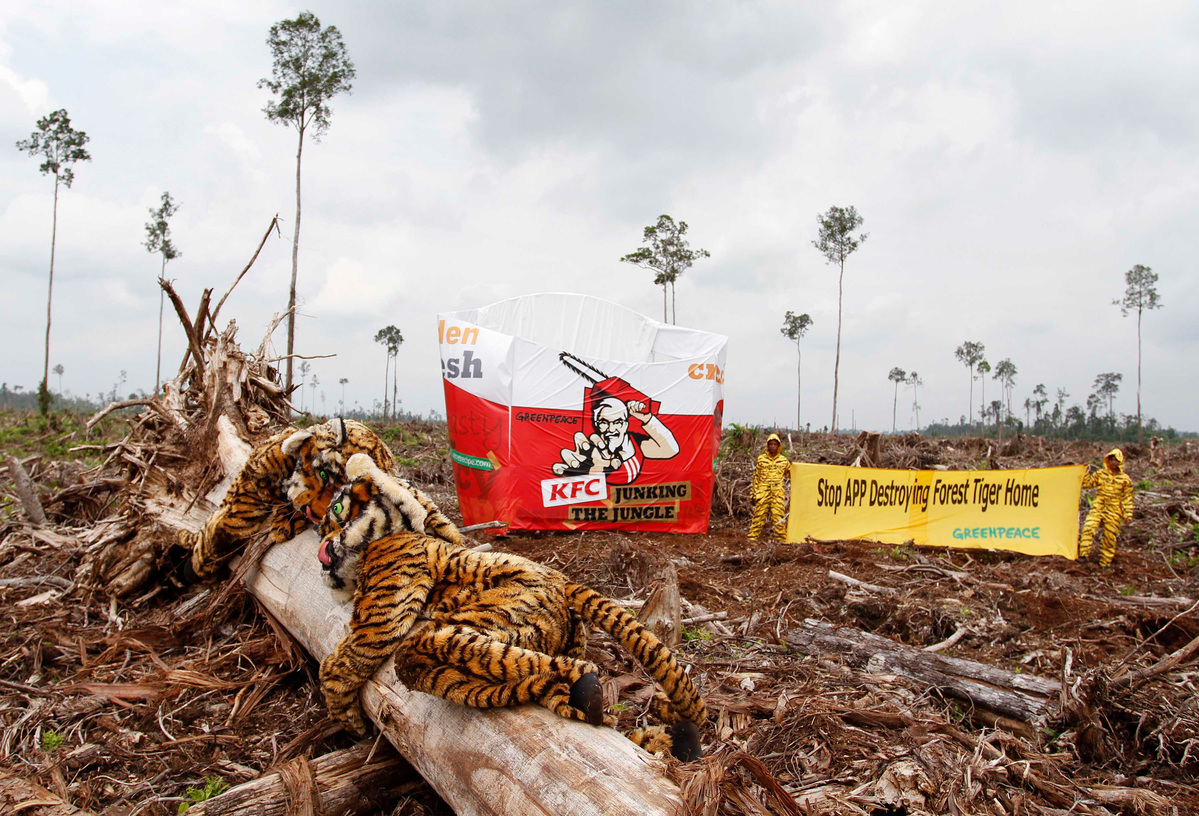When Typhoon Haiyan, one of the strongest storms ever recorded, slammed into the city of Tacloban in the Philippines on November 2013, Naderev “Yeb” Saño knew it was no ordinary typhoon. In fact, typhoons have now become more devastating, boosted by warmer oceans caused by climate change. And what drives climate change? Fossil fuel companies, also known as the big polluters, are primarily to blame for causing the climate crisis that the world now faces. And the disaster in Tacloban was painful for Saño and it has changed him a big way.
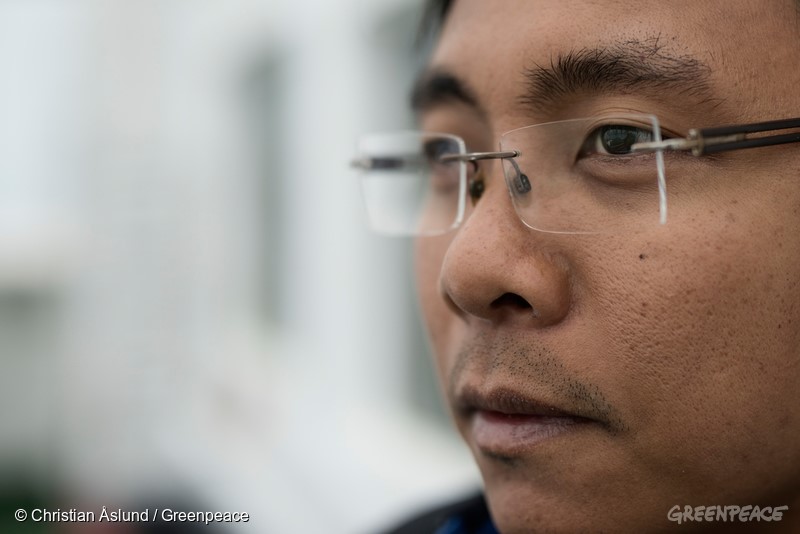
“I almost lost my brother, AG, to the storm. He was in Tacloban during that time, visiting relatives and friends. He was supposed to live in Joanna Sustento’s brother’s house. For some reason, he stayed at another place and survived. And several years after the typhoon, AG still cannot sleep in a dark room. He still can see images of dead bodies. While searching for his friend, he held at least 73 dead bodies,” Saño recalls.
Yeb Saño, now the Executive Director of Greenpeace Southeast Asia, was then the Philippines’ climate negotiator who was in Peru to attend the UN climate talks. It was during this time when when Typhoon Haiyan battered his beloved province of Tacloban, killing more than 6,000 people.
“At that moment, I felt the least I can do was to sympathise with them by going on a fast for two weeks. Typhoon Haiyan was a life-changing moment for me, like Joanna who lost her family immediately to the storm. It changed us in a way that we now dedicate our lives to fight for communities heavily impacted by climate change. We will not stop until we hold these fossil fuel companies accountable. To do this work, I needed to step out of government and work with civil societies instead. I know that it’s a tough road ahead, but I know that the journey will be a meaningful one,” says Saño.
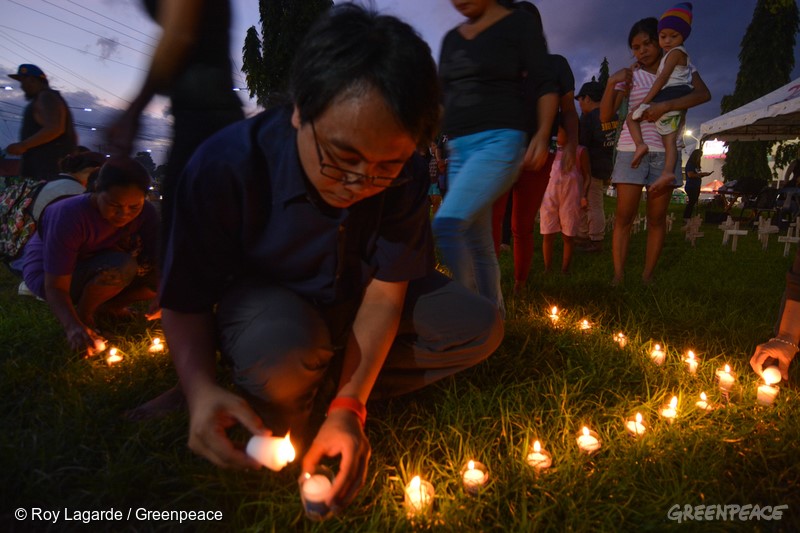
The science is clear: pollution from fossil fuel companies drives climate change.
Big polluters have known for decades that the burning of fossil fuels could lead to catastrophic climate impacts, but they chose to hide this fact and to undermine climate science and action. They knew that the climate change has to do with the future of their business which has led to more climate impacts to vulnerable countries like the Philippines.
“These companies know that they have capacity to stop but still do their business. For me that is injustice- big companies profit by fuelling climate change at the expense of people and the planet,” Saño explains.
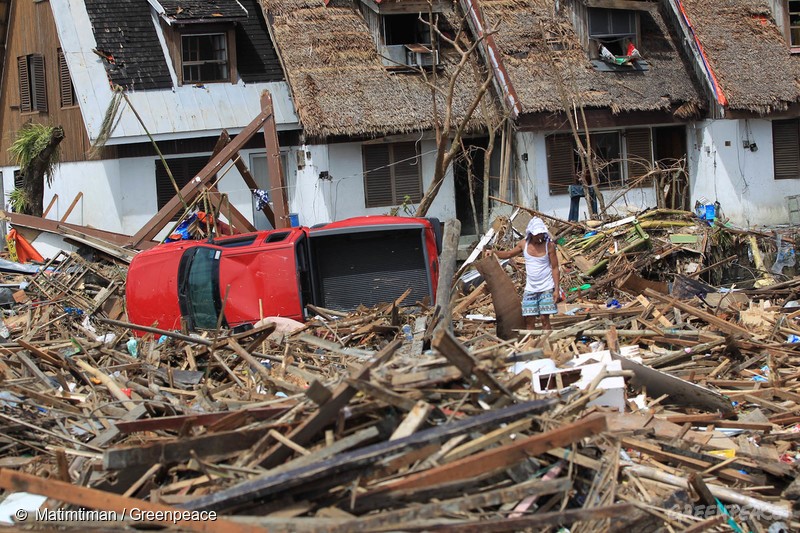
That is why Greenpeace is calling for Climate Justice to hold these big polluters accountable for their lion’s share of greenhouse gas emissions responsible for catastrophic climate change. This is why companies and governments are being asked to keep fossil fuels in the ground and to shift all their investments to clean and safe renewable energy.
The world has realised that renewable energy is vital in the fight against climate change. It is also clear that humanity must come together to overcome greed, arrogance, and apathy.
“Greed is an extreme sense of wanting more. Arrogance is believing that you know better than nature, even God. Apathy is believing if you destroy or damage vital ecosystems, someone else will fix it. This is how the fossil fuel industry operates. It’s now upon them to use their tremendous resources and shift their business models to ensure that they do no harm to people and the environment. After all, there is no planet B,” Saño concludes.

